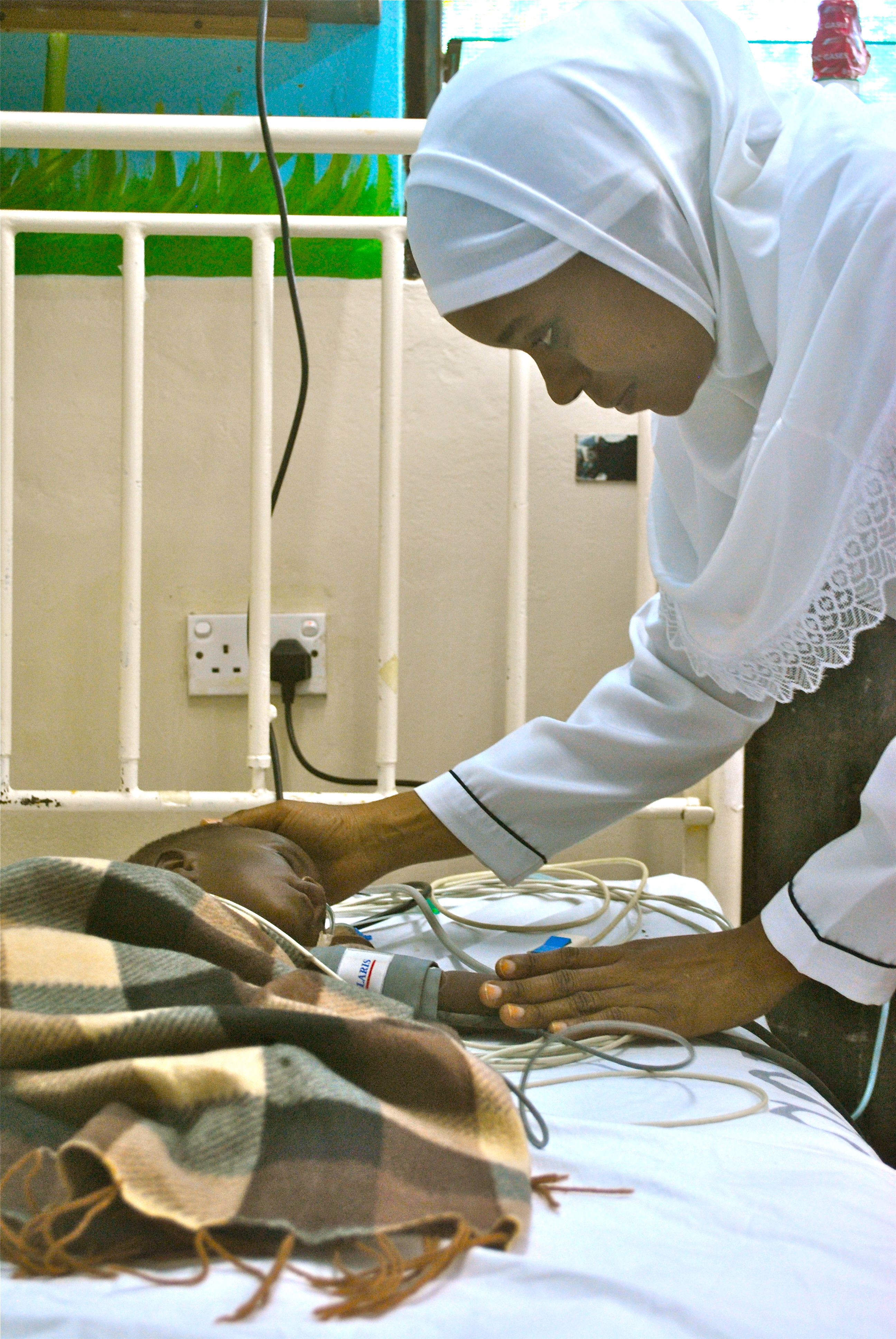
Nursing: Nurturing a caring heart
A distraught woman rushes into the high dependency ward at the Kilifi District hospital. She is carrying a little girl who is convulsing in her arms.
‘Can you do something!’ she shouts at the clinicians who are busy attending to other children.
Mwanamvua Iddi Boga, senior nurse and manager at the clinical department of KEMRI-Wellcome Trust Research Program (KEMRI-WTRP), can see the anxiety of the woman over the anger she is displaying towards the clinicians. Taking the baby, she tries to calm the woman down.
Once the child gets an injection to stop the fitting, Mwanamvua talks with the woman. The child belongs to a neighbour who was away at work when the child fell ill. Mwanamvua praises the woman for bringing the child to hospital and reassures her of the good service available. The woman visibly relaxes.
Mwanamvua is a communication skills trainer at the KEMRI-WTRP and the skills she displays are those that she and her trainers regularly pass on to other providers.
‘When you ask a fresh student of nursing or medicine why they have chosen that career, they will tell you that they want to care for and help people. In college, they are trained briefly in communication theory, but when they go for practice, they watch their mentors shouting. Because it is normalised, they assimilate that behaviour. When they leave college, that caring heart is long forgotten because it did not receive any nurturing,’ says Mwanamvua.
But Mwanamvua is out to create space for that nurturing spirit. Her story begins in 2007 at a workshop she attended in Zambia. Ane Haaland, a Norwegian social scientist from University of Oslo was training health providers on how to communicate with patients who have HIV and TB.
With support from the Wellcome Trust, Ms Haaland went to Kilifi and trained Mwanamvua and 9 other staff to conduct these training courses. So far, the team has trained 141 providers in Kilifi.
Participants invest 9 months for this training. An initial 4 months’ is spent on self-reflective tasks that enable them to discover themselves.
‘If the week’s task is listening, they observe themselves and record what they have discovered. It is easier for a person to say to themselves ‘I did not listen very well in that situation’ than to be told ‘you are a bad listener’. The latter will make one defensive and no learning will happen,’ says Mwanamvua.
‘It is amazing how honest the providers are, once they know our purpose is to learn together, not to judge them for their mistakes. We use their experiences as a starting point to teach theories, so they can learn how to handle emotions, both their own and the patients’. With these skills they will be able to make a patient feel comfortable and open up quickly,’ says Mwanamvua.
After the workshop, the participants take another 3 months in which they learn to put what they have learned into practice through guided tasks. The final workshop then takes place for 3 and a half days.
Mwanamvua hopes that every 2 years, those who received the training can come together to refresh their learning. She is very encouraged by the stories of change.
‘A nurse who used to work in casualty told me how she used to get so irritated by patients who were kept waiting long hours by specialists. The patients would shout at her: ‘where is the doctor? We have been waiting for so long, what are you doing? You don’t know your work.’ The nurse would shout at them: ‘If you can’t wait, go to another hospital’. She would shout and shout all day and at the end of the day, she felt so tired. But after the training, she begun to realise that if she re-assured patients and apologized for the lateness of the specialist, they would be so understanding. The new skills had made a big difference in her life,’ said Mwanamvua.
Mwanamvua’s dream is that every health provider in the country should participate in this program. Her dream is viable. Under the leadership of Ms Haaland, a manual for this training will be published in early 2015 and it will be possible to roll out this training further afield.
‘When I presented this work at a nursing conference recently, people were interested but we were not ready to roll this out. Now we are and institutions that are interested can receive the training. But for it to be sustainable, it would be wise to train trainers within the institution who will maintain regular trainings but can call us for support when they need it,’ said Mwanamvua, who is lead trainer on the project.
Mwanamvua is motivated both by the changes she sees in health provider and by her faith’s attitude towards teaching.
‘In Islam, we believe that if you provide education that is beneficial to mankind, your book of good deeds never gets closed for as long as people are benefiting from your teaching, even when you are long gone. With this training, I feel that this is what I am doing,’ said Mwanamvua.
Comments
-
Hiza Dayo
Am proud to be a trainer in this field. Mwanamvua is our mentor. Many thanks to both Ane Hallaand and Mwanamvua for taking us through this journey. Sometime somewhere I never thought someone outside HDU will recognize these efforts, thank you Tabitha.
-
Chrispinah Nyadzuwa Kaulu
congratulations Mwanamvua for making me walk with my antennas high. You are my role model.
-
Dr E Kamenye
Thank you Mwana and Ane. All the best
-
Mary
Awesome work.
-
Comments are closed.

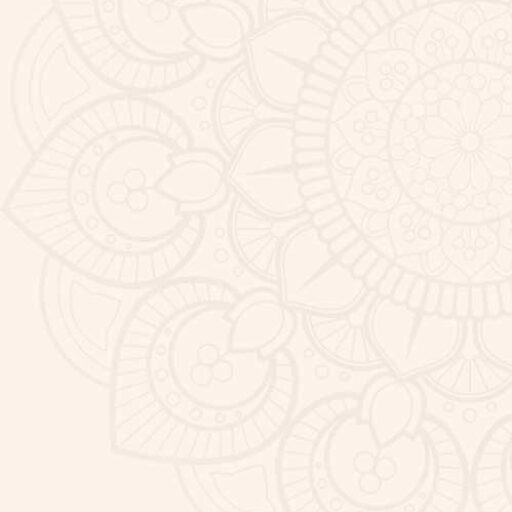
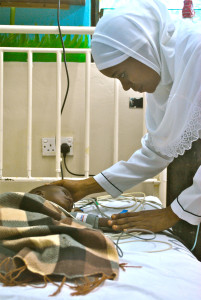
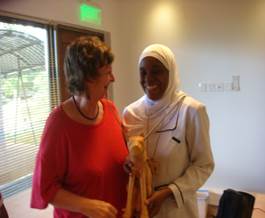

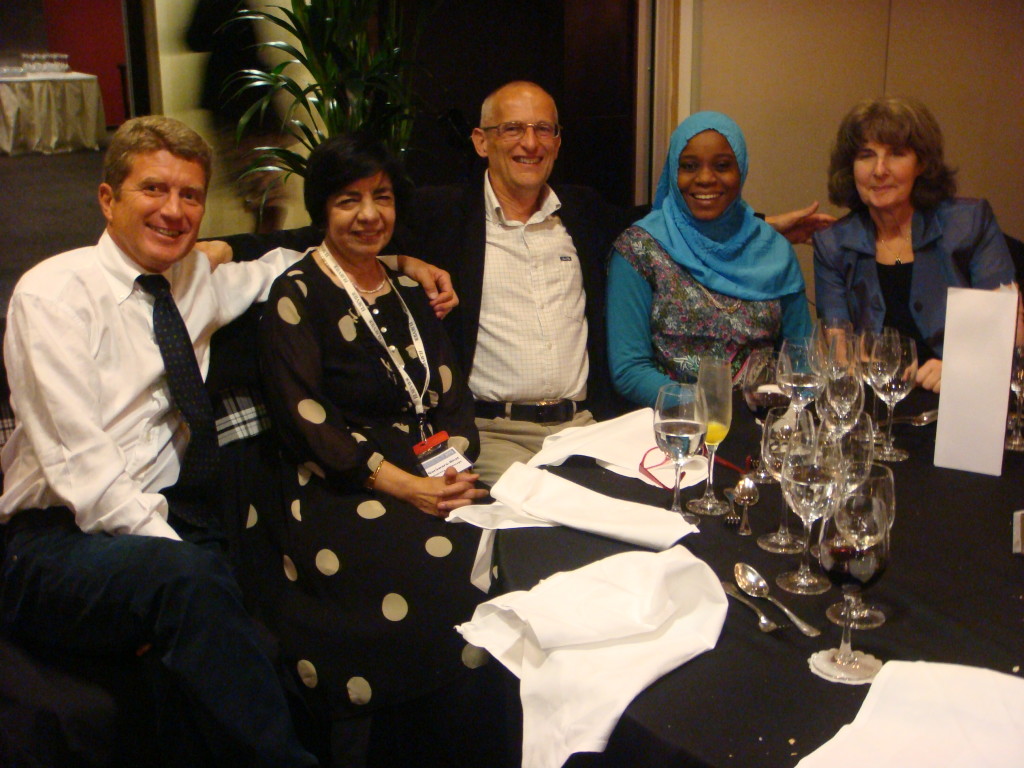
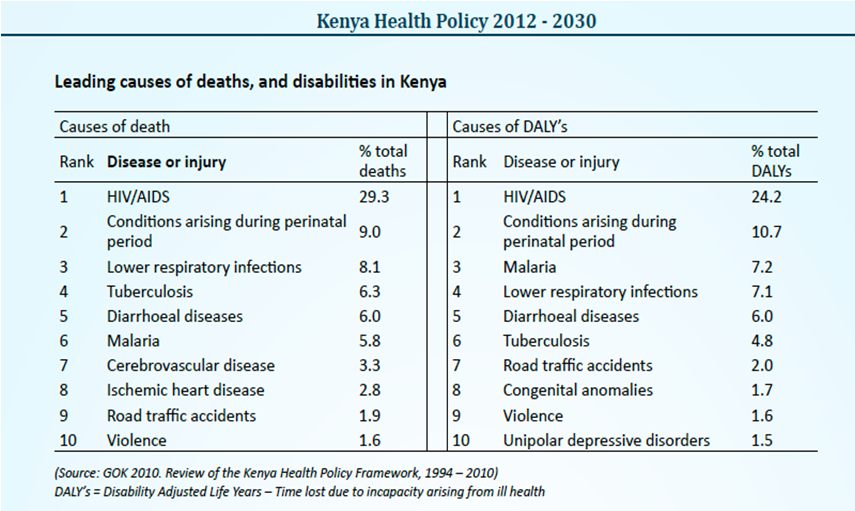
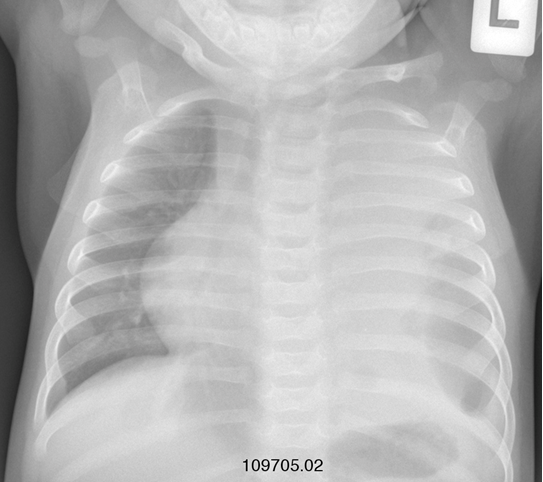
mwanamvua
woow! thank you for your efforts.